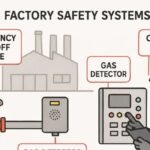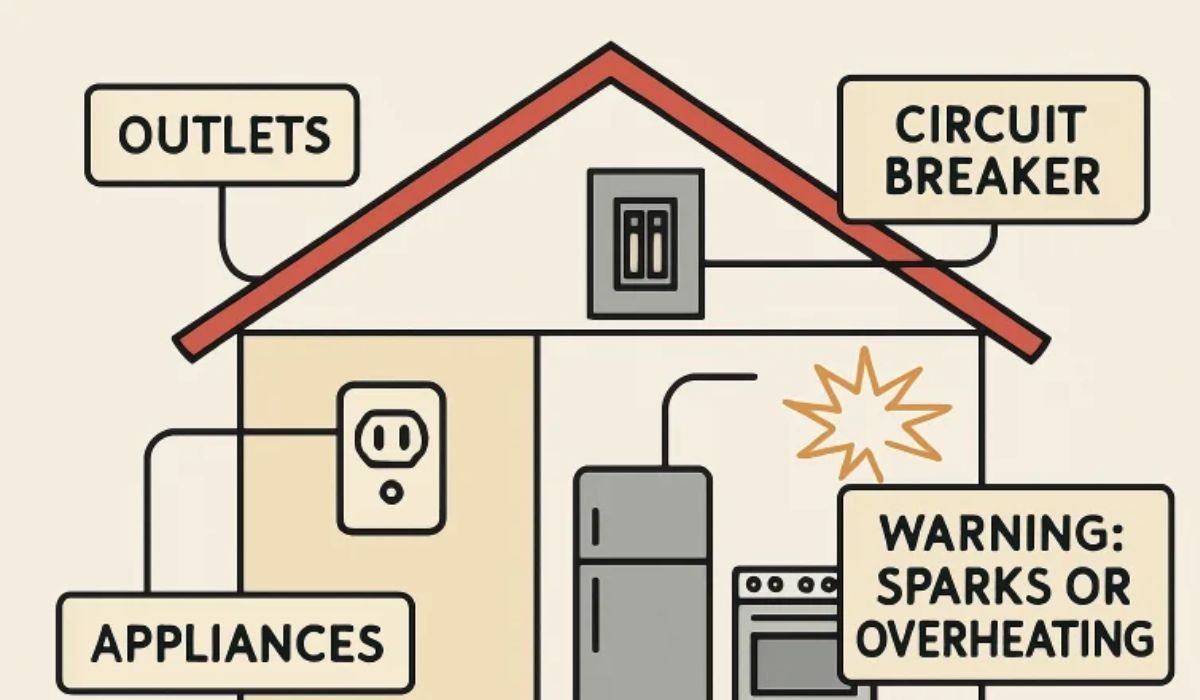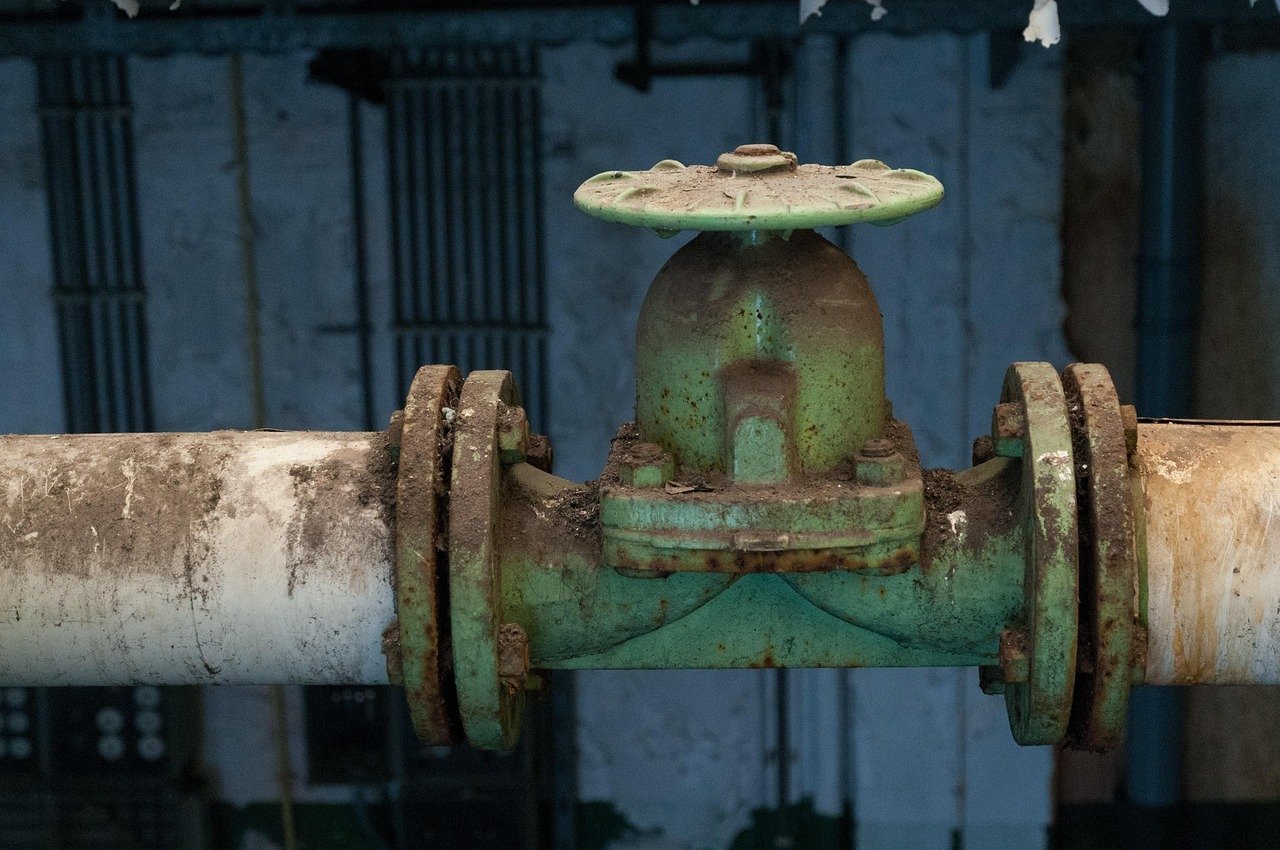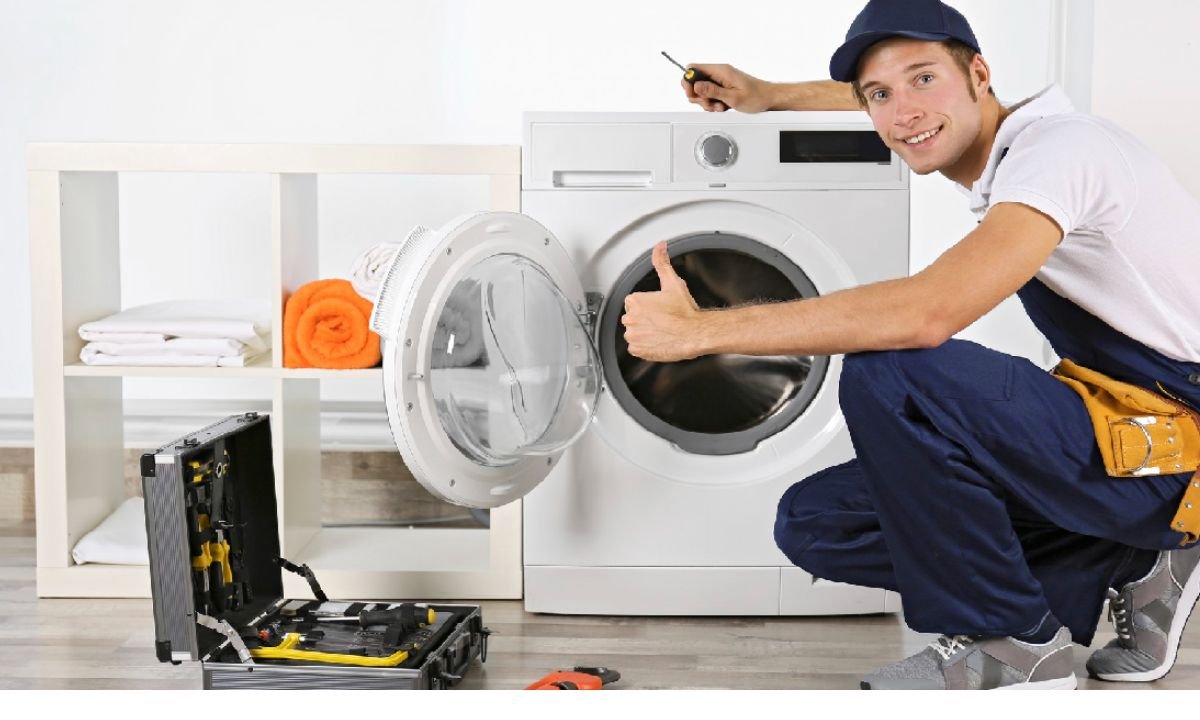Key Takeaways
- Regular inspection and maintenance are fundamental to preventing electrical hazards.
- GFCIs and AFCIs are important for protecting against shocks and electrical fires.
- Proper use of appliances, cords, and outlets is essential for home safety.
- Recognize warning signs and know when to bring in professional help.
Protecting your home from electrical hazards is vital for protecting your family and property. Developing awareness of common electrical risks and taking proactive steps can help you prevent shocks, fires, and other serious hazards. If you’re uncertain about any aspect of your home’s electrical safety, always consult a professional electrician for advice or service. Your diligence today can help you avoid problems, expenses, and accidents tomorrow.
These expert-backed tips cover everything from routine inspections to safe appliance usage. Learn how to spot problems early, use safety devices, and know when to call in the pros—ensuring your peace of mind, safety, and the efficiency of your home’s electrical system.
Electrical safety is not just about knowing what to do in an emergency. Routine checks and smart practices can make all the difference, especially in older homes or those with recent renovations. Creating safe electrical habits ensures that potential risks for all household members are minimized.
Regularly Inspect Your Electrical System
Routine inspection is the cornerstone of electrical safety. Look for warning signs like frequently tripped breakers, flickering lights, buzzing from outlets, and discolored or warm switch plates. Such symptoms can point to wiring problems or overloaded circuits. Older homes in particular may have outdated wiring that no longer meets modern safety codes, so ongoing vigilance is especially important.
Install Ground Fault Circuit Interrupters (GFCIs)
GFCI outlets are fundamental safety devices that shut off power instantly if an electrical imbalance is detected. They’re vital anywhere electricity may come into contact with water—kitchens, bathrooms, laundry rooms, and outdoor spaces. If an outlet fails the test, contact a licensed electrician to replace it, and test GFCIs monthly using the “test” and “reset” buttons to maintain household protection.
Use Arc Fault Circuit Interrupters (AFCIs)
AFCIs help detect and prevent dangerous arcing faults, a leading cause of electrical fires. Install AFCIs in bedrooms, living rooms, and other areas where wiring may be vulnerable to damage. They work by monitoring circuits for unusual electrical arcs and shutting off power before damage—and disaster—can occur. An electrician can advise whether your current circuit breakers are AFCI-equipped or if upgrades are recommended.
Avoid Overloading Circuits
Plugging too many high-powered devices into a single outlet or power strip overloads circuits, risking overheating and even fire. Distribute devices among outlets and use power strips with integrated circuit breakers. Unplug devices not in use to decrease unnecessary loads. Stay aware of your circuit’s amperage ratings so you don’t accidentally exceed capacity. If unsure, ask your electrician to label your panel and outlets for easy reference.
Use Extension Cords Properly
While extension cords offer temporary convenience, misuse can turn them into fire hazards. Only use cords rated for your intended application, power, and location (indoor vs. outdoor). Avoid running them under rugs or through doorways, as this can cause abrasion and heat buildup. Regularly check cords for signs of wear or damage and discard any frayed or cracked ones. For lasting electrical needs, the safest approach is to install new outlets.
Replace Damaged Wiring and Cords
Frayed, damaged, or exposed wires are the most common culprits in electrical fires and shocks. Inspect all cords and visible wiring regularly. If you spot any damage, avoid using those appliances or outlets until repairs are made. Never use tape or makeshift fixes on electrical cords—proper replacement is the only safe option.
Keep Electrical Devices Away from Water
Water dramatically increases the risk of electric shock. Always keep appliances and devices away from sinks, tubs, or other water sources. Be sure your hands are dry before plugging or unplugging any device. Use GFCI protection and weatherproof covers for outdoor outlets to guard against rain or sprinklers. These habits are crucial to avoid shocks and protect your electrical infrastructure.
Hire Licensed Professionals for Electrical Work
Attempting electrical repairs can be tempting, but mistakes can be devastating or even fatal. Always work with a licensed professional for electrical upgrades, rewiring, or troubleshooting. Qualified electricians guarantee work that meets local codes and the latest safety standards—essential for your security and insurance compliance. Routine professional inspections are a smart investment to prevent issues before they start.
Staying diligent about electrical safety means fewer risks and a more secure home for everyone. Whether you’re performing basic checks, installing safety devices, or planning major renovations, these practices can help prevent accidents and expensive repairs.
YOU MAY ALSO LIKE: Smart Solutions for Safe and Efficient Homes: Modern Electrical Upgrades Everyone Should Consider










